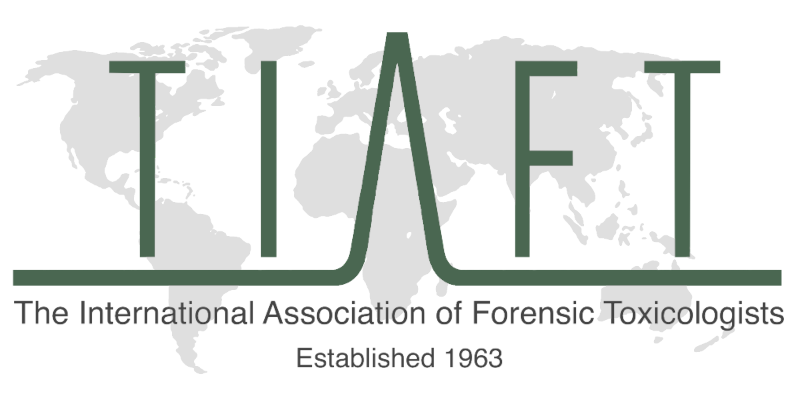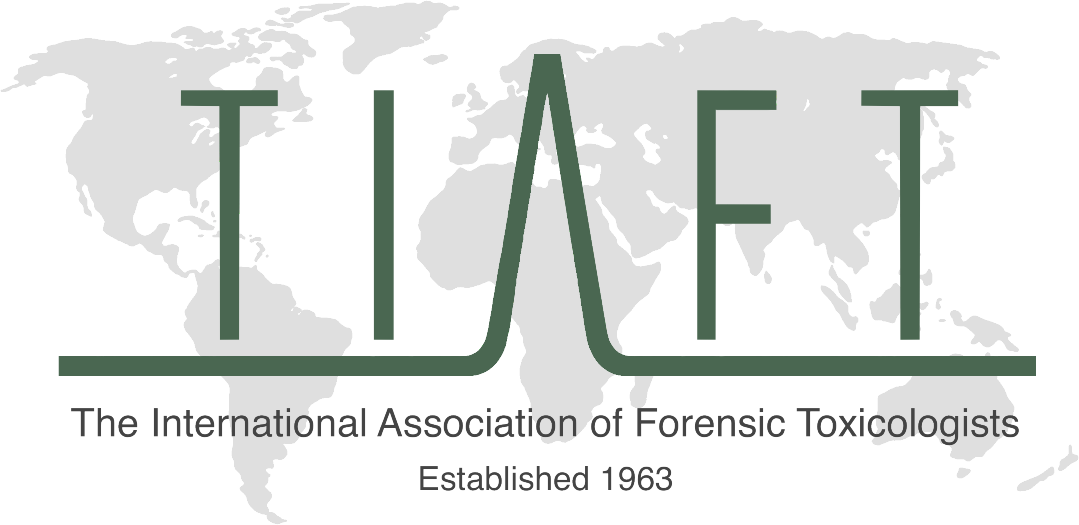Job description
Job title: Forensic Laboratory Manager - Toxicology (Appointed)
Job type: Full-time
Job number: C25-184
Dicision: Investigate Services Division
Bureau: Criminalistics Bureau/Forensic Laboratory
Location: Las Vegas, NV
FLSA: Exempt
Bargaining unit: Appointed
Salary:
- $50.11 - $71.31 Hourly
- $8,685.77 - $12,360.77 Monthly
- $104,229.26 - $148,329.29 Annually
The LVMPD is an EEO employer and maintains a drug-free workplace.
Position Description:
Definition:
An incumbent in this class coordinates, plans, develops, supervises, and leads the operation of the Forensic Laboratory Toxicology detail. Incumbents perform complex and extensive management/analytical work, formulate recommendations with important policy and operational implications, and audit/oversee significant programs. The incumbent will receive direct supervision from the Director of Laboratory Services and supervise/manage subordinate staff.
Distinguish characteristics:
Positions in this class are appointed by the Sheriff and not subject to the competitive requirements of the Civil Service Rules of the Las Vegas Metropolitan Police Department.
Minimum Qualifications/Position-Specific Conditions:
Best candidates will have:
- Seven years of full-time forensic scientist professional work experience in the area of assignment.
- Supervisory experience in a forensic laboratory and testifying to forensic science matters in a court of law as an expert witness is desirable.
- A Bachelor's degree from an accredited college or university in a chemical, physical or biological science or a forensic science related field and successful completion of 24 college level credits in chemistry. A Master's degree in one of the aforementioned areas is desirable.
For more details, click here
Selection Process:
Application filling
Applications, transcripts, and letter of interests must be submitted online.
Selection Process*
As qualified candidates apply, top candidates will be cocntacted to schedule in-person interviews.
*The LVMPD reserves the roght to modify the selection processes in accordance with accepted legal, ethical, and professional standards.
Additional Selection Processes
If you successfully complete the above selection process, you will undergo a thorough background investigation, including a polygraph exam. A polygraph examination can be stressful and may affect existing medical or psychological conditions or ongoing treatment. Candidates are encouraged to consult with their personal physicians to discuss whether the polygraph will affect a condition or treatment and then follow the guidance of their medical professional.
The background investigation takes approximately 90 to 120 days to complete. You must also meet the LVMPD Hiring Standards. LVMPD amployees participate in the Department's random drug screening process. For more information on the background process, click https://www.youtube.com/watch?v=LpAUnwRbT9o for a quicl video or https://www.protectthecity.com/applicants/employment-standards/background-investigation for specifi information.
Additional Information:
Inquiries
Question regarding the application process may be directed to:
Question regarding the position may be directed to:
- Cassandra Robertson, Forensic Laboratory Director, c14653@lvmpd.com, (702)828-5519
If you require assistance or special accommodations during any part of the application process, contact Analyst Kriza Dagdag at k16830d@lvmpd.com or (702)828-5519.
APPLICATIONS MAY BE FILLED ONLINE AT:
https://www.lvmpd.com/
jobs@lvmpd.com


